With anxiety disorders being the most common mental health issue globally, understanding coping mechanisms is crucial. The impact on daily life, relationships, and overall functioning emphasizes the need for effective strategies.
Table of Contents
I. Definition of Anxiety Disorders
Anxiety disorders are a group of mental health conditions characterized by excessive worry, fear, or apprehension. These conditions go beyond the normal stress and can significantly impact a person’s well-being.
II. Understanding Anxiety Disorders
A. Types of Anxiety Disorders
1. Generalized Anxiety Disorder (GAD)
GAD involves persistent, excessive worry about various aspects of life, leading to physical symptoms like restlessness and fatigue.
2. Social Anxiety Disorder
Social anxiety is characterized by an intense fear of social situations, impacting a person’s ability to interact and engage with others.
3. Panic Disorder
Panic attacks, sudden and intense periods of fear, characterize panic disorder, often accompanied by physical symptoms like a racing heart.
4. Obsessive-Compulsive Disorder (OCD)
OCD involves recurring unwanted thoughts and repetitive behaviors, affecting daily functioning and causing distress.
B. Common Symptoms
Symptoms may include but are not limited to, excessive worry, restlessness, irritability, muscle tension, and difficulty concentrating.
III. Importance of Coping Mechanisms
A. Why Coping is Essential
Coping mechanisms play a crucial role in preventing the escalation of anxiety symptoms, promoting resilience, and enhancing overall mental well-being.
B. Avoiding Escalation
Without effective coping strategies, anxiety disorders can lead to increased severity, affecting various aspects of life.
IV. Healthy Lifestyle Changes
A. Regular Exercise
Physical activity has proven benefits for mental health, releasing endorphins that act as natural mood lifters.
B. Balanced Diet
A nutritious diet contributes to overall well-being, impacting mood regulation and energy levels.
C. Sufficient Sleep
Lack of sleep can exacerbate anxiety symptoms; prioritizing sufficient and quality sleep is essential.
V. Mindfulness and Relaxation Techniques
A. Meditation
Mindfulness meditation helps in grounding oneself in the present moment, reducing the impact of anxious thoughts.
B. Deep Breathing Exercises
Controlled breathing techniques can promote relaxation and alleviate physical symptoms of anxiety.
C. Yoga
Combining physical postures, breath control, and meditation, yoga is a holistic approach to managing anxiety.
VI. Seeking Professional Help
A. Therapy Options
1. Cognitive-Behavioral Therapy (CBT)
CBT is a widely used therapeutic approach, helping individuals identify and modify negative thought patterns.
2. Exposure Therapy
This technique involves gradually facing and overcoming anxiety-inducing situations, reducing fear over time.
VII. Medication and its Role
A. Overview of Medications
Medications, when prescribed by a psychiatrist, can help manage symptoms and create stability.
B. Consultation with a Psychiatrist
Consulting a mental health professional is crucial for proper diagnosis and determining the most effective medication.
VIII. Building a Support System
A. Importance of Social Connections
Strong social support can provide emotional assistance, reducing feelings of isolation and loneliness.
B. Communicating with Loved Ones
Open communication with friends and family fosters understanding and empathy, creating a supportive environment.
IX. Creative Outlets for Expression
A. Art Therapy
Engaging in artistic activities can serve as a therapeutic outlet, allowing expression of emotions.
B. Writing and Journaling
Journaling provides a space for self-reflection and a way to release thoughts and emotions.
X. Distraction Techniques
A. Engaging Hobbies
Immersing oneself in enjoyable hobbies can divert attention from anxious thoughts, promoting relaxation.
B. Entertainment Choices
Selecting uplifting and positive entertainment options can contribute to a more positive mindset.
XI. Setting Realistic Goals
A. Breaking Down Tasks
Breaking tasks into smaller, manageable steps helps prevent overwhelming feelings and fosters a sense of accomplishment.
B. Celebrating Achievements
Acknowledging and celebrating small victories boosts self-esteem and encourages continued progress.
XII. Cognitive Strategies
A. Positive Affirmations
Replacing negative thoughts with positive affirmations can reshape one’s mindset over time.
B. Reframing Negative Thoughts
Learning to reframe negative thoughts allows for a more balanced and realistic perspective.
XIII. Self-Compassion
A. Embracing Imperfections
Acceptance of imperfections fosters self-compassion, reducing the impact of self-critical thoughts.
B. Practicing Self-Love
Prioritizing self-care and self-love is essential for overall mental well-being.
XIV. Dealing with Setbacks
A. Understanding Relapses
Setbacks are a natural part of the recovery process; understanding and learning from them are crucial.
B. Adjusting Coping Strategies
Adapting coping mechanisms based on individual needs and experiences ensures continued effectiveness.
XV. Conclusion
In conclusion, navigating anxiety disorders can be an ongoing journey, but armed with effective coping mechanisms, the path becomes more manageable. Remember, seeking professional help is always a commendable step, and incorporating self-care practices can make a significant difference in your daily life. By understanding your triggers, practicing mindfulness, and fostering a supportive environment, you empower yourself to face the challenges that anxiety may bring.
FAQs (Frequently Asked Questions)
-
Can coping mechanisms completely eliminate anxiety disorders?
Coping mechanisms can significantly reduce symptoms, but a complete elimination may require a combination of strategies and professional assistance.
-
How long does it take for coping mechanisms to show results?
The effectiveness of coping mechanisms varies among individuals, but consistent practice can lead to noticeable improvements over time.
-
Are medication and therapy always necessary for managing anxiety?
Not always. Some individuals find relief through lifestyle changes and self-help strategies, while others may benefit from a combination of approaches.
-
Can anxiety disorders develop suddenly, or is it a gradual process?
Anxiety disorders can develop both suddenly and gradually, depending on various factors such as genetics, environment, and life experiences.
-
Is it normal to experience setbacks in managing anxiety?
Yes, setbacks are normal. It’s essential to view them as opportunities for learning and adjusting coping strategies.
As we conclude this exploration into coping mechanisms for anxiety disorders, we hope you found valuable insights and practical strategies to implement in your life. To delve deeper into this crucial topic and discover more articles offering guidance and support, click here. Your mental well-being deserves attention and care, and there is a wealth of resources available to help you along the way. Remember, you are not alone on this journey, and there is strength in seeking knowledge and support.

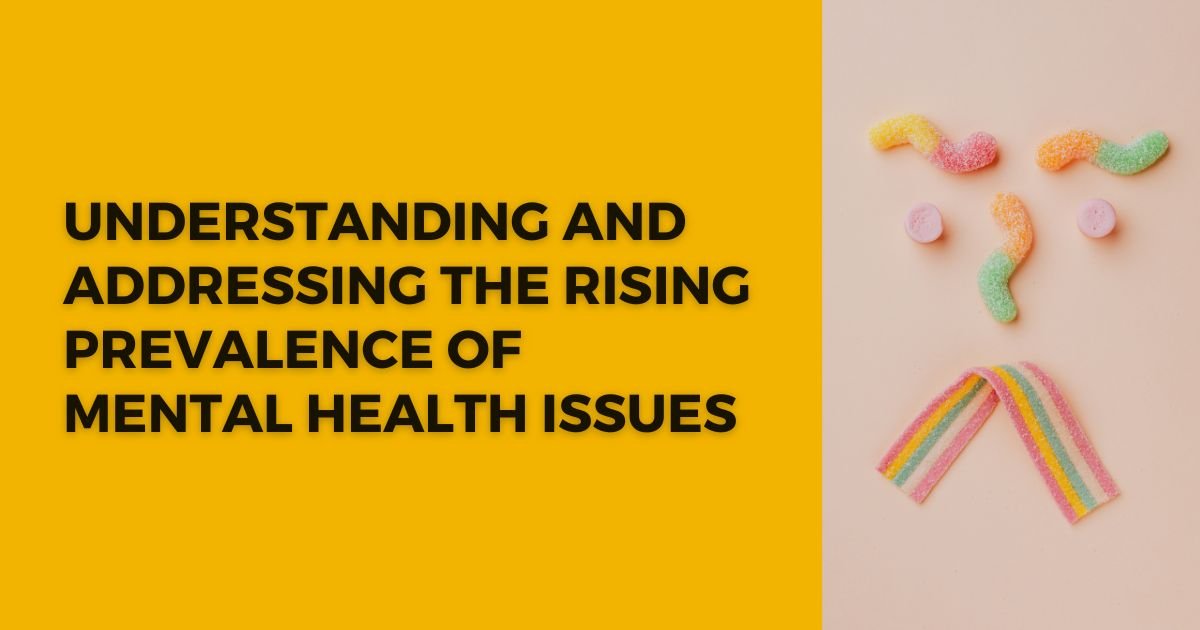



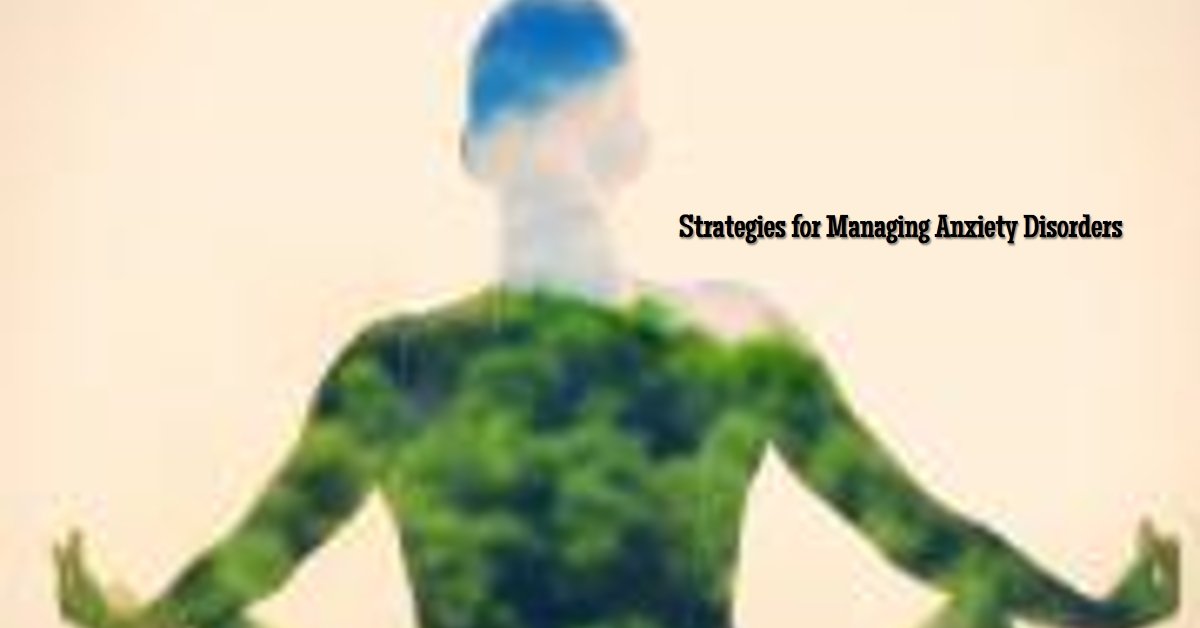



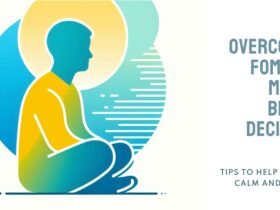


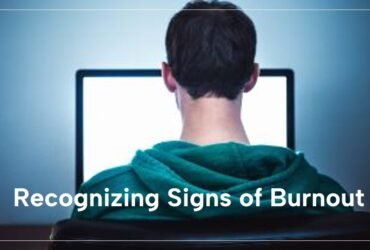
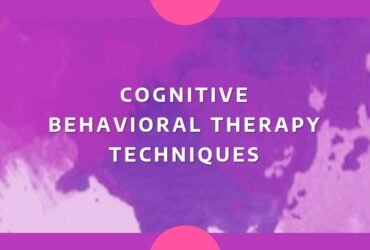
Leave a Reply
View Comments